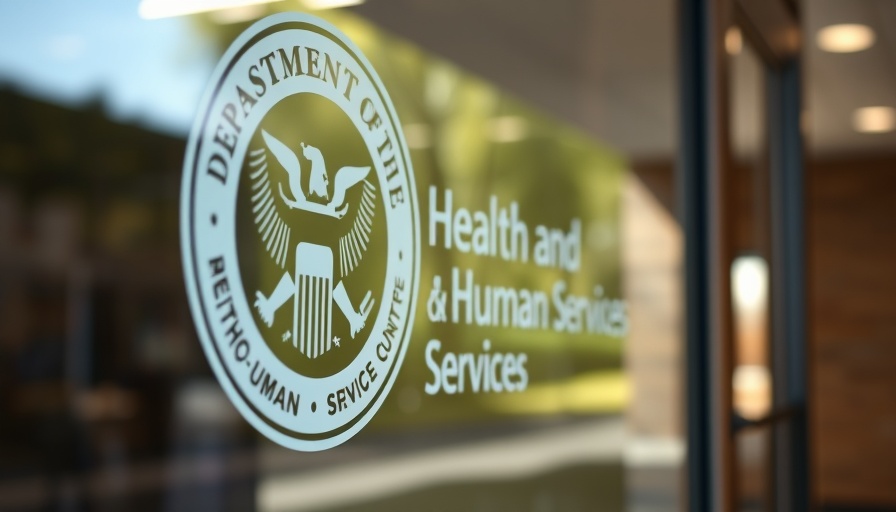
A Mother’s Choice: Adriana Smith's Tragic Journey
On June 13, 2025, a heartfelt story unfolded in Georgia when a baby boy named Chance was born via emergency cesarean section, weighing just 1 pound 13 ounces. His mother, Adriana Smith, had been declared brain dead four months earlier due to complications from a blood clot. This emotional rollercoaster touches on sensitive topics of life, death, pregnancy, and legal complexities surrounding medical decisions.
The Impact of Georgia's Abortion Law
The circumstances surrounding Smith’s situation were largely influenced by Georgia’s controversial abortion law, known as House Bill 481, which prohibits abortions after a fetal heartbeat is detected, typically around six weeks into a pregnancy. When Smith suffered her medical emergency at just eight weeks, the family believed the law required her to remain on life support until the baby was viable, despite her being legally dead. This law, however, is not as straightforward as it may seem, leading to confusion for her family and medical professionals.
The Fight for Clarity in Medical Decisions
April Newkirk, Smith’s mother, has voiced the family’s distress over the lack of clarity in Georgia's laws concerning the treatment of brain-dead individuals. In her poignant words, "I'm not saying we would have chosen to terminate her pregnancy, but we should have had a choice.” This statement echoes the sentiments of many families navigating the blurry lines of healthcare rights versus stringent legislation, particularly in states with rigid reproductive health laws.
Understanding the Emotional Toll
The emotional toll of such a situation is immeasurable. As Smith's family reflects on their choices, they must also grapple with the imminent loss of their daughter. As Newkirk prepares to say goodbye, she highlights the difficulty of watching her daughter, a mother of two, fade away while she fights for her newborn son’s survival. This juxtaposition of life and death is a painful reminder of the complexities that come with medical decision-making in desperate circumstances.
What Lies Ahead for Baby Chance?
Baby Chance has a long road ahead, resting in the Neonatal Intensive Care Unit (NICU) as doctors provide him with the care needed to overcome the challenges of his premature birth. Smith's family, already burdened by hospital expenses, is looking for ways to support both Chance and his older brother, a 7-year-old who now faces a world without his mother. The family has set up a fundraiser to help alleviate financial strains, showcasing the community's spirit during such difficult times.
Proposals for Future Legislative Changes
This heartbreaking event calls for urgent reconsiderations of the laws surrounding medical decisions and the rights of families in similar situations. Advocates for reproductive rights are emphasizing the need for clearer regulations that respect the wishes of families, especially those facing unexpected medical crises. For many, it’s about creating compassionate policies that empower families rather than bind them in legal and emotional turmoil.
Moving Forward with Compassion
As the medical community and lawmakers reassess these policies, it remains crucial to foster discussions around compassionate care, reproductive rights, and the complexities of life-support scenarios. Society must engage in conversations that ensure families can make informed decisions without the fear of legal repercussions while navigating these intensely personal experiences.
In the end, the saga of Adriana Smith and her newborn son serves as a reminder of the fragility of life and the importance of love, choice, and understanding during challenging times. Although the road ahead may be fraught with difficulties for Baby Chance and his family, there is a shared hope that their story will inspire change and support for all families facing similar challenges in Georgia and beyond.
 Add Row
Add Row  Add
Add 
 Add Row
Add Row  Add Element
Add Element 



Write A Comment